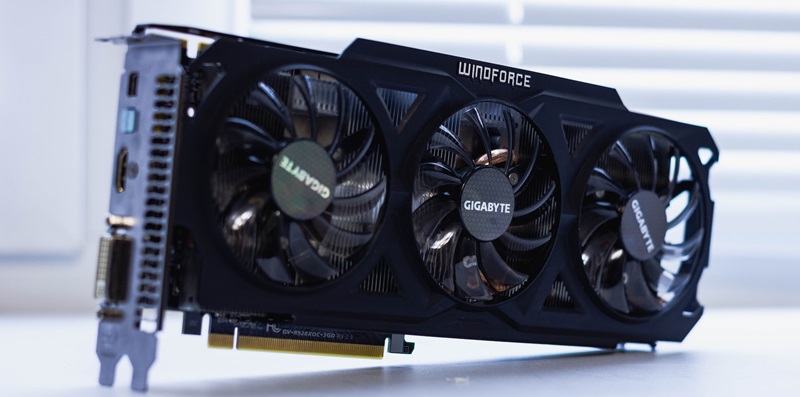NVIDIA, a leading graphics processing unit (GPU) manufacturer, has reportedly been forced to reallocate the supply of its ‘China-Only’ Ampere A800 AI GPUs due to export restrictions imposed by the US on hostile nations. These latest actions come as the Biden administration implements a new set of ‘vigorous’ curbs on China with the aim of thwarting its rapid advancements in the field of artificial intelligence (AI).
The Biden administration’s new curbs on China
In an effort to maintain a competitive edge in emerging AI technologies, the Biden administration has implemented stricter regulations on China. These curbs are designed to prevent China from rapidly advancing its AI capabilities, which has been a major concern for the United States.
Impact on China’s access to NVIDIA’s H800s and A800s
As part of these measures, China will be blocked from accessing NVIDIA’s H800s and A800s, which were already cut-down variants specifically developed by NVIDIA to comply with US trade policies. With access to high-end H100s already halted, this change in US policy will significantly hinders the growth of AI markets in China.
Consequences for AI markets in China
Given NVIDIA’s dominant position in the AI market, the company will be heavily impacted by these restrictions. As it holds an estimated 90% of the global AI market share, the ban on access to NVIDIA’s GPUs will undoubtedly impede the innovative progress of Chinese AI industries. This setback may lead to a significant slowdown in AI research and development, adversely affecting China’s overall technological advancements.
Response from GPU manufacturers
NVIDIA’s export restrictions have not only affected China but have also placed GPU manufacturers in a precarious position. As a result, manufacturers are seeking alternative ways to clear their existing inventory through “indirect” retail channels. In response to this challenge, NVIDIA has partnered with US-based companies like PNY and the system integrator, Colfax International, to boost the sales of A800 AI GPUs, which were initially intended solely for the Chinese market.
PNY’s sales of the NVIDIA A800 GPU
One of NVIDIA’s partners, PNY, has already taken steps to sell the A800 40 GB ‘Active GPU’ in regions outside of China. This includes North America, Latin America, Europe, Africa, and India. This move aims to mitigate the impact of the export restrictions and expand the reach of NVIDIA’s AI GPUs to a wider global market.
NVIDIA’s advertising strategy
To attract consumer interest, NVIDIA has shifted its marketing efforts towards positioning the A800 GPU as the ultimate workstation development platform for AI, data science, and high-performance computing. By emphasizing the GPU’s capabilities, NVIDIA aims to create demand among developers, researchers, and businesses in regions it can still access.
Negative impact on global AI markets
While the export restrictions primarily target China, the new US policy has had a negative ripple effect on global AI markets. These restrictions not only interfere with China’s AI advancements but also disrupt technological collaborations and knowledge sharing across borders. This restraint on international cooperation could impede the growth and innovation of AI technology on a global scale.
Order cancellation and financial implications for NVIDIA
As a result of these export restrictions, NVIDIA is reportedly facing a $5 billion order cancellation. The bans have disrupted supply chains and affected the company’s bottom line. This setback poses significant challenges for NVIDIA’s financial standing and future revenue projections.
The reallocation and export restrictions imposed on NVIDIA’s “China-Only” Ampere A800 AI GPUs, due to US policies directed towards China, have reverberated throughout the global AI market. While the intention behind these restrictions is to hinder China’s AI advancements, the impact extends beyond national borders, affecting technological collaborations and AI market dynamics worldwide. The varying consequences faced by manufacturers, including NVIDIA, highlight the complex interdependencies and geopolitical considerations that underlie the development and distribution of advanced technologies.

